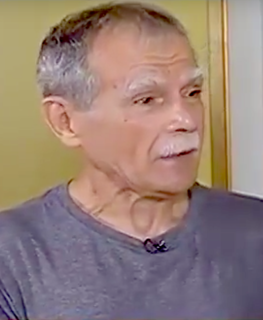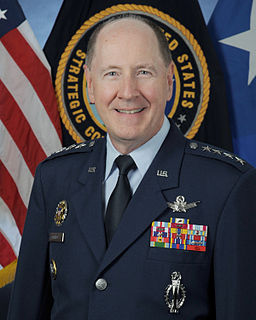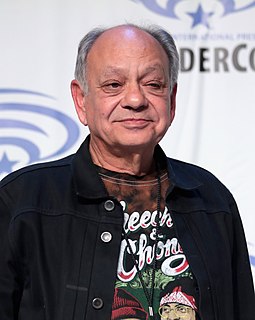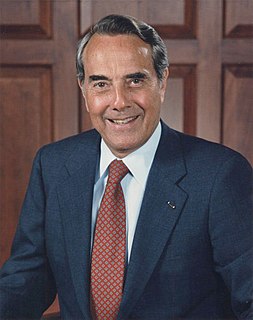A Quote by Thalia
When you get into the third or fourth generation of Latino immigrants to the United States, you see the kids speaking more English than Spanish, and it's important that we don't lose our identity, our language.
Related Quotes
I believe, as a Puerto Rican, that the majority of Puerto Ricans want to be Puerto Ricans. Once we become annexed to the United States or by the United States, that we will lose our national identity. I can look at Hawaii as an example of people who lose, the Natives who lose their identity. I can look into the Native American reservations and see people who lose their national identity, their culture, their language, their land. And that's what's going to happen to Puerto Ricans here.
We were doing the same thing. We will never have "a" Chicano English or Spanish because of regional differences. But I think that because of our bilingual history, we'll always be speaking a special kind of English and Spanish. What we do have to do is fight for the right to use those two languages in the way that it serves us. Nuevo-mexicanos have done it very well for hundreds of years, inventing words where they don't have them. I think the future of our language is where we claim our bilingualism for its utility.
I believe it is essential to have English as the official language of our National Government, for the English language is the tie that binds the millions of immigrants who come to America from divergent backgrounds. We should, and do, encourage immigrants to maintain and share their traditions, customs and religions, but the use of English is essential for immigrants and their children to participate fully in American society and achieve the American dream.
I think it's good for anybody to learn languages. Americans are particularly limited in that way. Europeans less so... We're beginning to have Spanish move in on English in the states because of all the people coming from Hispanic countries... and we're beginning to learn some Spanish. And I think that's a good thing... Only having one language is very limiting... You get to think that's the way the human race is made; there's only one language worth speaking... Well, this isn't good for English.
We know from our recent history that English did not come to replace U.S. Indian languages merely because English sounded musical to Indians' ears. Instead, the replacement entailed English-speaking immigrants' killing most Indians by war, murder, and introduced diseases, and the surviving Indians' being pressured into adopting English, the new majority language.
With all the divisive forces tearing at our country, we need the glue of language to help hold us together. If we want to ensure that all our children have the same opportunities in life, alternative language education should stop and English should be acknowledged once and for all as the official language of the United States.




































